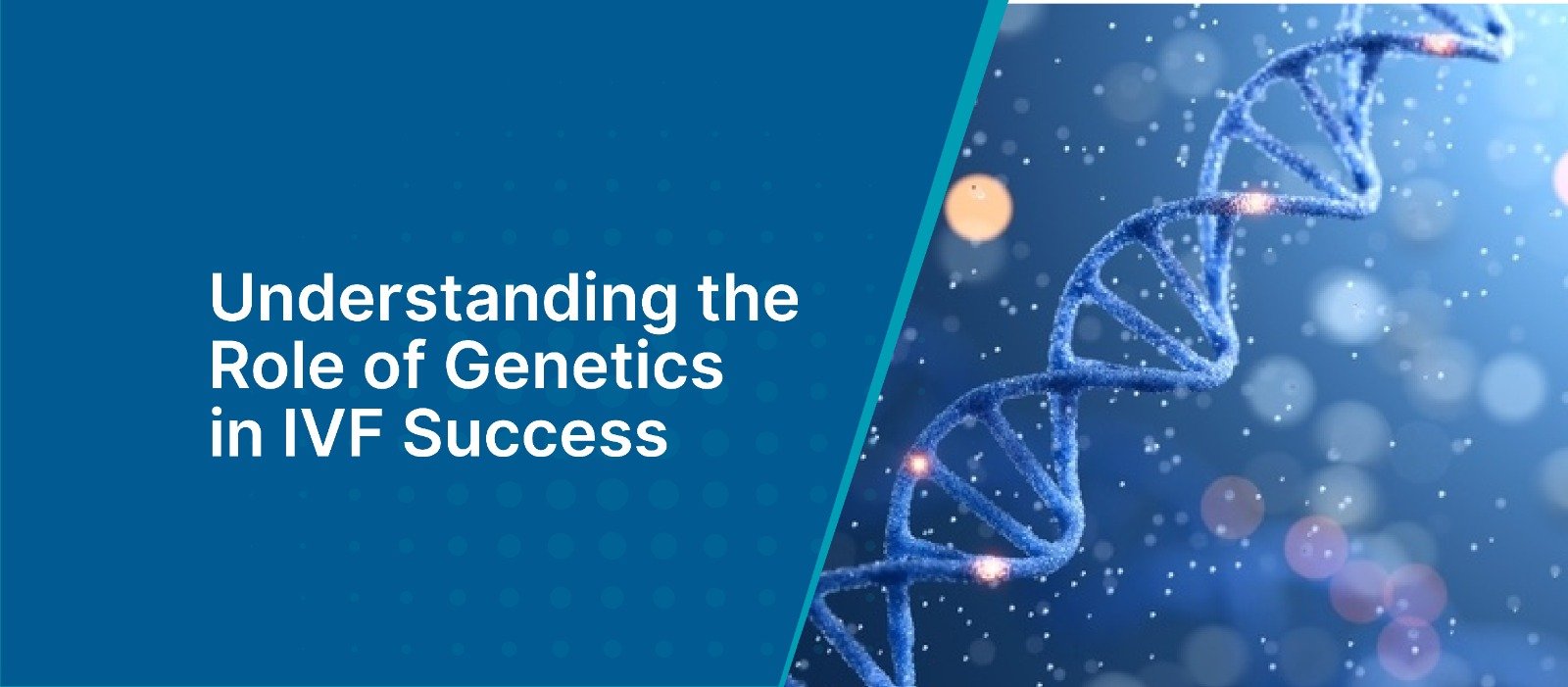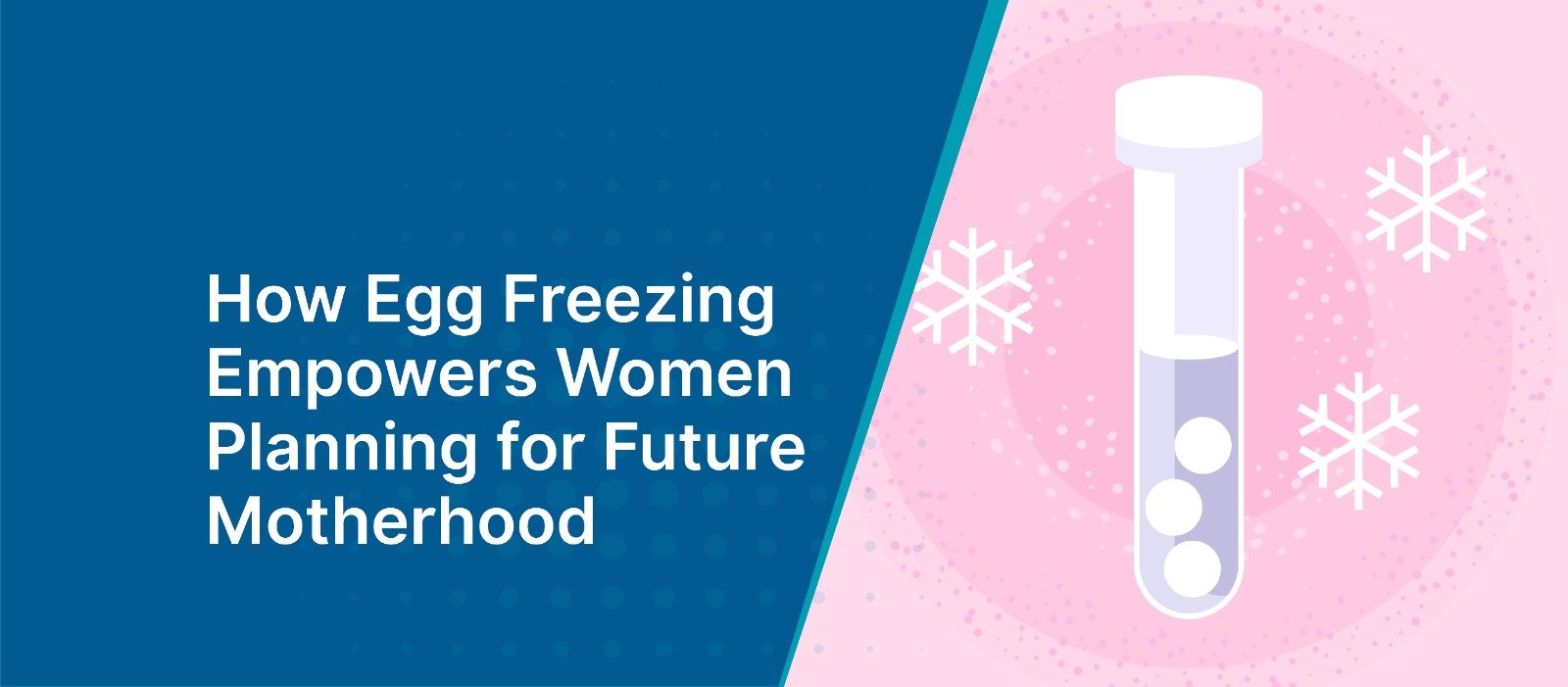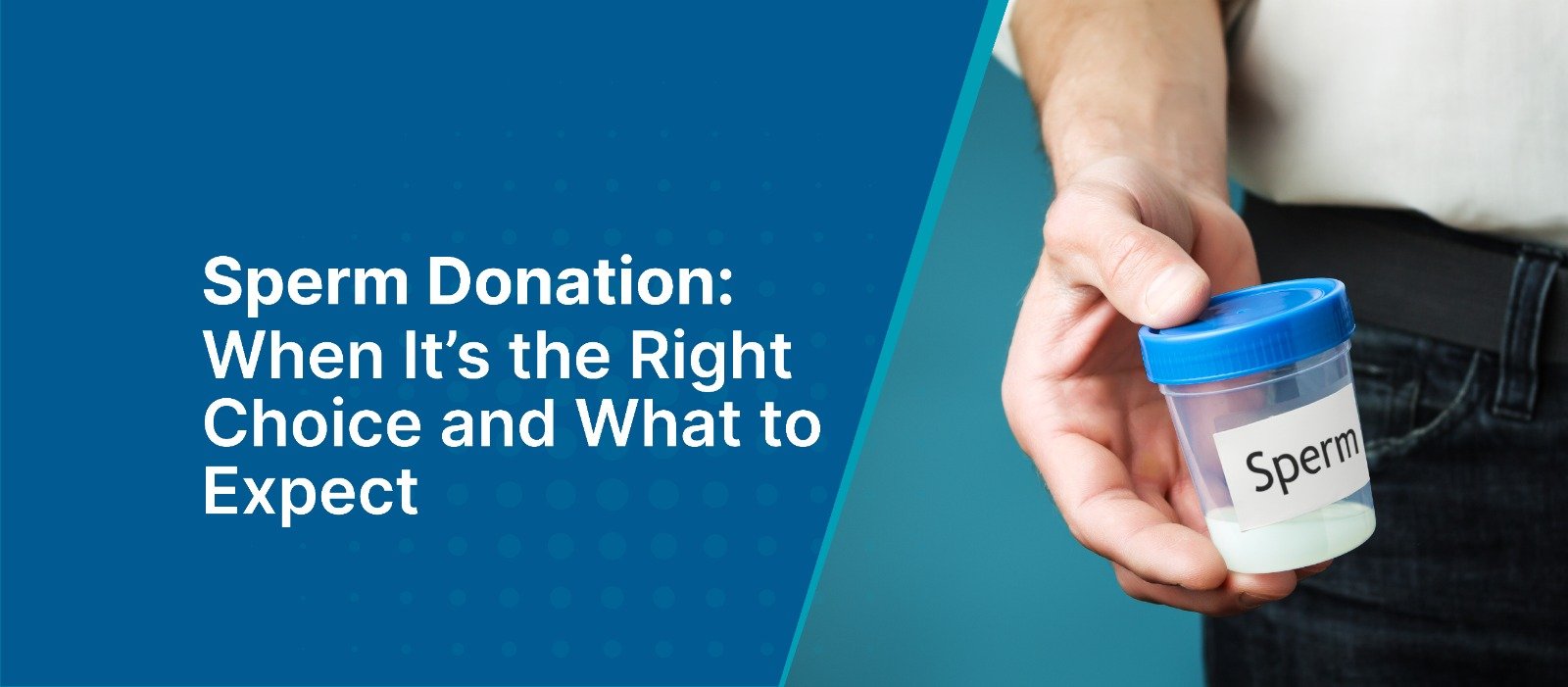
Period Pain Relief: Compassionate Care for Monthly Discomfort
Severe period pain isn’t “just part of being a woman.” We help uncover the root causes and offer holistic, evidence-based solutions—from nutritional changes to advanced treatments.

Talk to us about
Why me? How am I different?
Planning Ahead
We believe in helping our patients plan ahead as learning about your fertility should not come at the last minute.
Holistic Approach
We understand that there are many factors from our lifestyle to our medical history to our genetics that can affect our fertility. Our comprehensive fertility consults take all this into account during discussions.
Personalised
Fertility and pregnancy look different for everyone so we are focused on providing care that is built around you.
Advanced Science
Our care is rigorously founded on the latest advancements in fertility, leaving no room for anything less. No gimmicks, or false hope, just evidence-based advanced care.
Frequently Asked Questions
Fertility supplements can play a significant role in optimizing reproductive health. Here are some key nutrients to look for:
- Folic Acid:
- Essential for preventing neural tube defects and improving egg quality.
- Recommended doses as per your physician.
- Vitamin D:
- Supports hormonal balance and ovarian function.
- Get tested for deficiencies and supplement as needed.
- Coenzyme Q10 (CoQ10):
- Improves egg quality and overall health.
- Dosage varies; consult your doctor for recommendations.
- Omega-3 Fatty Acids:
- Found in fish oil; promotes healthy ovulation and implantation.
- Inositol:
- Beneficial for women with PCOS as it improves insulin sensitivity and ovarian function.
- Zinc and Selenium:
- Critical for sperm health in men and egg quality in women.
Always consult your doctor before starting any supplement to ensure it’s appropriate dose for your individual needs.
1. Anti-inflammatory Nutritional Support
Diet plays a pivotal role in modulating inflammation and pain. Encourage patients to:
- Include anti-inflammatory foods: Omega-3 rich fish (salmon, mackerel), walnuts, flaxseeds, turmeric, and ginger.
- Limit pro-inflammatory foods: Reduce intake of processed foods, refined sugars, and trans fats.
- Focus on magnesium and vitamin B6: Found in leafy greens, bananas, nuts, and fortified cereals, these nutrients can reduce cramps and improve mood.
2. Heat Therapy
While hot water bottles remain a classic remedy, advanced options like infrared heat pads or wearable heat wraps provide sustained and deeper relief. These devices work by enhancing blood circulation and reducing uterine contractions.
3. Mind-Body Techniques
Mindfulness practices not only address pain but also reduce the emotional burden of dysmenorrhea:
- Yoga and stretching exercises: Poses like Child’s Pose, Cat-Cow, and Reclining Twist help alleviate pelvic tension.
- Meditation and guided imagery: Reduces the brain’s perception of pain.
- Acupuncture: Evidence suggests acupuncture improves blood flow and modulates pain pathways.
4. Hormonal Regulation
For women experiencing severe or recurrent pain, hormonal contraceptives (pills, patches, or IUDs) can regulate cycles and reduce prostaglandin production. However, these should be tailored to individual patient needs after a thorough consultation.
1. Neuromodulation Devices
Devices like TENS (Transcutaneous Electrical Nerve Stimulation) are gaining popularity for period pain relief by delivering small electrical impulses, TENS blocks pain signals and stimulates endorphin release.
2. Intrauterine PRP Therapy
Though still experimental, intrauterine platelet-rich plasma (PRP) therapy holds promise for patients with underlying endometriosis or uterine abnormalities contributing to dysmenorrhea.
3. Lifestyle Medicine
Encouraging consistent physical activity and stress management can drastically improve overall pelvic health. Aerobic exercises, swimming, and tai chi are effective yet gentle options for women with chronic pain.
4. CBD and Herbal Supplements
CBD (cannabidiol) oil and herbal remedies like evening primrose oil, fenugreek, and chamomile have shown anecdotal and preliminary evidence in reducing menstrual discomfort. However, emphasize choosing quality-controlled products and consulting a physician before use.
Patients should be educated about “red flags” in period pain:
- Pain that disrupts daily life, even with over-the-counter pain relief.
- Heaviness or irregularity in menstrual bleeding.
- Pain accompanied by fever, nausea, or unusual discharge.
- Chronic pelvic pain persisting beyond menstruation.
Prompt evaluation can lead to early diagnosis and effective management of underlying conditions.
Unique Approach To
Your Health Needs
I used to miss work every month due to painful cramps. Dr. Rajeev helped identify the cause and treat it effectively.

Urmeela
The fibroid pain was unbearable—now I’m pain-free and recovering beautifully.

Pallavi
From diagnosis to post procedure, I felt safe and informed every step of the way.

Ruchira
I was able to live my life naturally after treatment—something I never thought possible. All thanks to Dr. Rajeev and his team.

Simmi


10K
happy patients

4.9
google ratings


Other Services

PCOS Care
Holistic management for a healthier, balanced life.
- Personalised diagnosis and treatment plans.
- Hormonal and metabolic management.
- Support for fertility and menstrual health.

Fertility Support
Helping you achieve parenthood with expert care.
- Personalized consultations and assessments.
- Advanced treatments: IVF, IUI, and surgeries.
- Emotional support and state-of-the-art.

Infertility Help
Expert support for overcoming fertility challenges.
- In-depth assessments.
- Integrative treatments.
- Compassionate care.

Fibroid Solutions
Natural solutions to manage and reduce fibroids.
- Herbal and dietary plans.
- Targeted relief.
- Holistic strategies.

Menopause Wellness
Navigate with confidence and balance.
- Science-backed remedies.
- Hormone-supporting plans.
- Ongoing wellness strategies.
Essential Resources
In modern reproductive medicine, genetics plays a pivotal
Modern women balance multiple priorities—careers, education, personal goals,
Parenthood is a profound and life-changing experience, but




